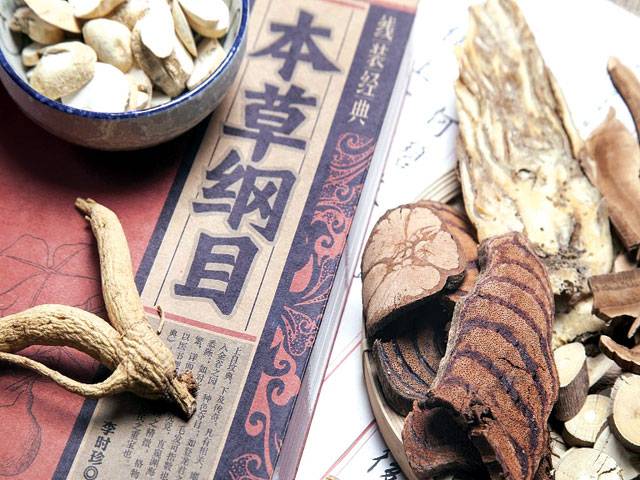SAN FRANCISCO- More than 500 Traditional Chinese Medicine (TCM) practitioners, including representatives from China and North California Chinese Medicine communities, held an event to observe the 90th Chinese Medicine Day in downtown San Francisco Sunday evening. The celebration of the event, which falls on March 17, focused on the main theme of carrying on the heritage of TCM.
Chinese Consul General in San Francisco Wang Donghua said TCM reflects a wealth of important experience and wisdom that the Chinese people have accumulated in practice for more than 1,000 years.
“TCM provides a holistic approach in the diagnosis and treatment of illness by addressing the root cause,” he said, calling TCM a treasure of the brilliant Chinese civilization and part of the valuable assets of world medicine.
TCM is also an important carrier of the cultural exchanges between China and other countries, including the United States, Wang said.
The annual celebration of Chinese Medicine Day is an important platform to promote exchanges, friendship, and understanding between Chinese and American people, Wang told a jubilant crowd of TCM practitioners, scholars, and entrepreneurs in TCM industry.
Hu Jun, president of American Association of Chinese Medicine and Acupuncture, the celebration is to commemorate the predecessors of TCM practitioners for their “immortal feat” in defending the heritage of Chinese medicine.
“Chinese medicine originates from China. When it ventures abroad, it has become the wealth of all ethnic groups in the world,” she said.
Hu urged the TCM communities to constantly absorb new knowledge of medical science of other ethnic groups in the United States, so that TCM can be better integrated into the U.S. multi-cultural society.
Rebecca Kadaga, Speaker of the Ugandan Parliament early last month said learning the Chinese language would open up opportunities for locals to work in Chinese companies and also do business in China.
“I am encouraging Ugandans to learn more languages, specifically the Chinese, because we have many Chinese investors in the country who will need translators as they carry on their businesses in the country,” Kadaga said.
“I am focusing on Chinese language because I know Chinese are here to offer our people jobs and people who know their language will be the first people to have those jobs,” she added.






